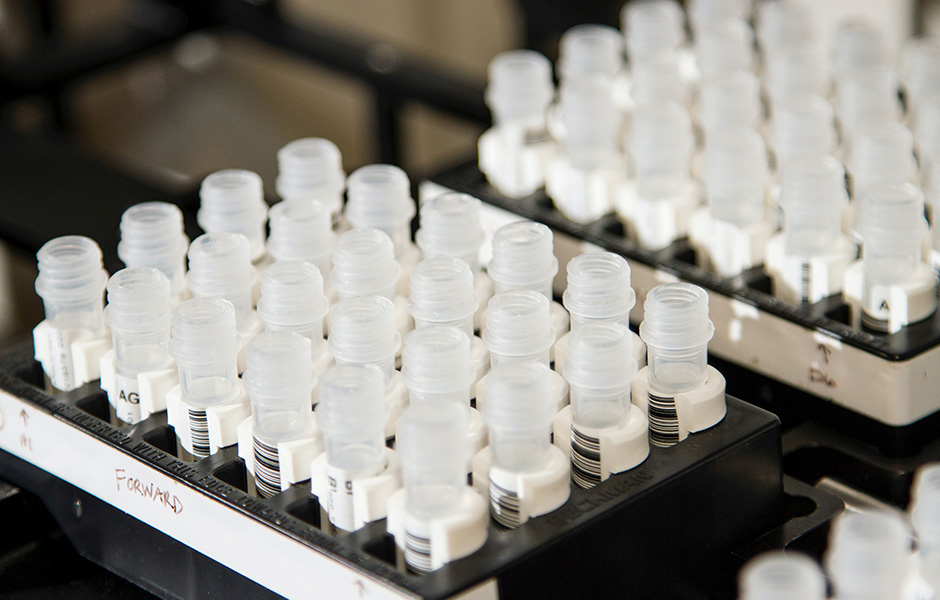FASTinov, a spin-off of CINTESIS – Center for Health Technology and Services Research and the Faculty of Medicine of the University of Porto, is ready to do rapid antimicrobial susceptibility and resistance tests in patients with complications associated with COVID-19.
The objective is to contribute to the rapid and adequate treatment of critically ill patients infected by the new coronavirus (SARS-CoV-2) and secondarily by bacteria, shortening the hospital stay and reducing the risk of death.
“Severe pneumonia associated with COVID-19 frequently requires hospitalization in intensive care units and long-term mechanical ventilation and, inevitably, secondary infectious complications of bacterial etiology will arise,” predicts Cidália Pina-Vaz, professor at FMUP, researcher CINTESIS and CSO of FASTinov.
According to Cidália Pina-Vaz, these secondary bacterial infections may “noticeably worsen the clinical state” and “delay the recovery of patients with COVID-19″. In addition, they will contribute to significantly increase mortality and morbidity.
These new tests, made available at their cost value to hospitals of the National Health Service, allow the rapid detection of the susceptibility of the bacterial agent isolated from blood cultures and the establishment of targeted antimicrobial therapy, in addition to preventing the spread of multi-resistant bacteria.
“The institution of targeted, effective and timely antimicrobial therapy, as well as the prevention of the spread of multidrug-resistant organisms, are pressing aspects in the provision of health care to critically ill patients”, considers the specialist in Microbiology.
The technology developed by the spin-off of the University of Porto, awarded by U.Porto Inovação, allows the tests to be carried out in just two hours, in contrast to the 48 hours required by the tests currently available in the laboratories. The methodology was tested and validated for the main existing bacterial and antibiotic agents, being patented in Europe, the USA, and Japan.

